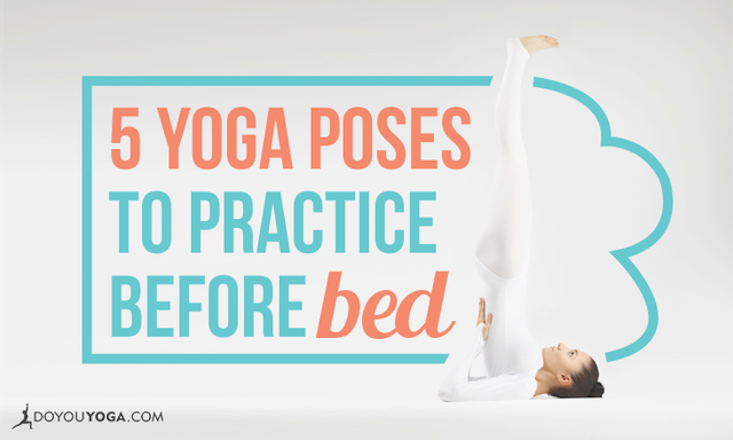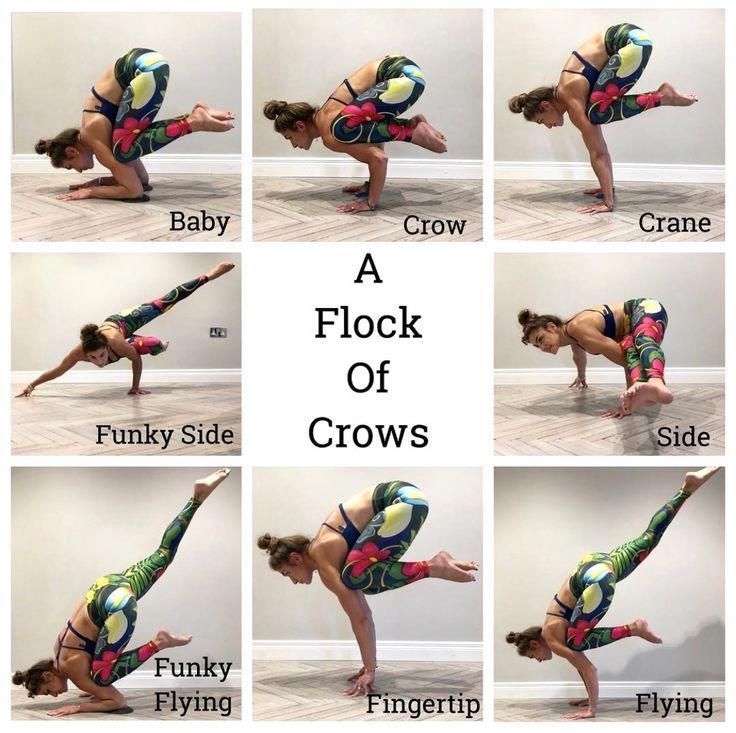
Haha yoga refers to a branch in yoga that focuses more on physical techniques. This branch of yoga focuses on harnessing and conserving the body’s vital force. Haha yoga is not only good for your mental health, but it also helps with stress reduction and relaxation. These are some helpful tips to get you started with haha Yoga. You'll be surprised at the many benefits of this ancient practice. Don't wait! Start practicing haha yoga today.
Hatha yoga practice
The benefits of practicing Hatha yoga are well documented. It has been shown to increase levels of neurotransmitters in the brain, including serotonin and gamma-aminobutyric acid (GABA), which regulate our emotions. A review of four small studies showed that Hatha yoga participants reported lower levels in depression after five weeks. Hatha yoga is physically demanding but it can also help people relax and reduce stress which leads to better sleep.

Its origins
It is difficult to know the history of Hatha Yoga. Many scholars believe that it was originally an Indian martial art, but this is not necessarily the case. Early accounts mention a yogin teaching the postures. Later compilations and scholarly activity supported these claims. Scholars have also pointed out the existence of a second source of some of the postures. Gharote may have written the Hatha Yoga Pradipika, an early work, but the Institute does not cite him for his claims.
Its poses
Many of the poses in Hatha Yoga can be modified to suit your individual needs. For different degrees of strength or flexibility, there are many variations of each pose. You can also adjust the difficulty and duration of each pose. Hatha yoga allows students of all abilities to improve their physical well-being through gradual progression. Here are some examples and benefits of different poses. Here are some variations on balancing positions. These balancing poses are beneficial for strengthening the spine and increasing flexibility.
Its benefits
The physical and mental benefits of Hatha Yoga are numerous. You can build core strength through this practice, such as the traverse abdominis. Lower lats. and obliques. You can also relax by reducing cortisol, which is a stress hormone. Hatha yoga improves flexibility and balance, making it an ideal exercise for all ages and physical abilities.

Its transitions
Hatha yoga uses transitions to help you move from one pose to another with ease. Transitions encourage correct alignment and strengthen the body parts. These transitions need to be expressive, fun, and meaningful. These examples show the benefits of yoga-style transitions. It's amazing how small movements can make such a big difference. You will learn how to make each transition count. These are just three examples of transitions.
FAQ
What happens if you stop doing yoga?
It is normal to lose interest after a while. Yoga may cause stiffness in your body if you stop regularly practicing it. Poor posture, lack exercise, and simply ageing can cause stiffness.
It may become less flexible as you age, so consider retaking a few classes. Keep up with your daily activities. Exercise can strengthen your bones, muscles and joints. Get enough sleep and eat well.
Yoga involves a lot of sweating.
This depends on which style of yoga is being practiced. Vinyasa flow (or power) yoga involves lots of jumping, twisting, and turning movements. As a result, it's common for people to sweat heavily while practicing.
Hatha yoga, however, is focused on forwarding twists and bends. Most practitioners won't sweat much because these poses aren’t too strenuous.
Are yoga mats necessary?
Not necessarily. Many studios offer mats to students. These mats are typically made of rubber and easy to clean.
Your mat can be purchased online. A high-quality mat will last many years.
Yoga is good for people with chronic conditions.
Yoga can help those with diabetes and heart disease. It improves flexibility, stress reduction, and overall fitness.
Yoga can help many other conditions including arthritis, cancer, depression and fibromyalgia.
How long does yoga take?
Yoga is a lifelong endeavor that requires dedication as well as patience. Everyone learns at their own pace.
It doesn't make a difference how old you might be. Any yoga routine can be mastered if you are committed and persistent.
What is the average time it takes for yoga to get results?
Although yoga is difficult, it can be done with great results. It takes time in order to build strength and flexibility. Start slow, then increase intensity until you reach your optimal level.
Consistency will be the key. You will improve your skills if you practice it more often.
How long does it take to become a yoga pro?
It depends on which type of yoga you do. Some styles are faster than other. However, even if it's your first time, you can expect to get better over time.
The more you practice, you will get better. In just a few weeks, you'll start to notice the improvements.
Statistics
- According to the Agency for Healthcare Research and Quality, falls are incredibly common among older adults in nursing facilities. Even the simplest ones can increase the risk of death (24). (healthline.com)
- Lock in 25% off your Founding Member rate. (corepoweryoga.com)
- Start your Fall off right with 20% off All Access Membership when you sign up by 9/25! (corepoweryoga.com)
- In comparison, a 125-pound person is estimated to burn 135 calories in 30 minutes of walking (at a pace of 15-minute miles) and 210 calories bicycling at a moderate pace on a stationary bike. (everydayhealth.com)
- About one in seven U.S. adults practiced yoga in the past 12 months, according to a 2017 national survey. (nccih.nih.gov)
External Links
How To
Does yoga have any effect on menopause symptoms
Yoga is an ancient Indian practice that focuses on yoga, meditation, and breathing. It has been used for thousands years to help people stay fit. It has been increasingly popular in recent years as people look for alternative ways to stay healthy and active during times of stress or illness.
Yoga is based on the use of physical postures (asanas), that stretch muscles, improve posture, and increase flexibility. This helps relieve tension as well as build strength and stamina.
There are many kinds of yoga. Each type of yoga focuses on a specific aspect of the body such as breathing, stretching and relaxation.
All forms of yoga have the same goal: to restore balance within the body as well as the mind. Yoga offers many benefits including better fitness, weight loss (weight loss), improved sleep quality and increased energy.
Numerous studies have shown that yoga is beneficial for conditions like anxiety, depression, or insomnia. There is not much evidence to support its effectiveness in treating other health conditions, such as those related to menopause.
Yoga not only makes you happier but also helps you relax and manage stressful situations. This can be useful for women going through menopause.
It is important to note that yoga can cause muscle soreness after exercise, so starting at a low-intensity level is wise. Before you start yoga, talk to your doctor about any concerns you may have.